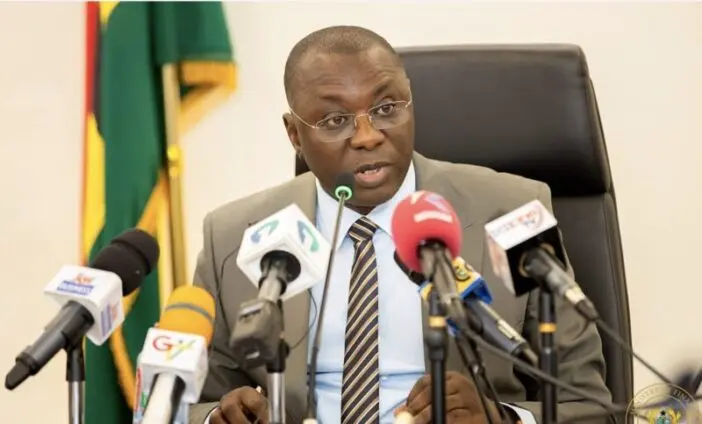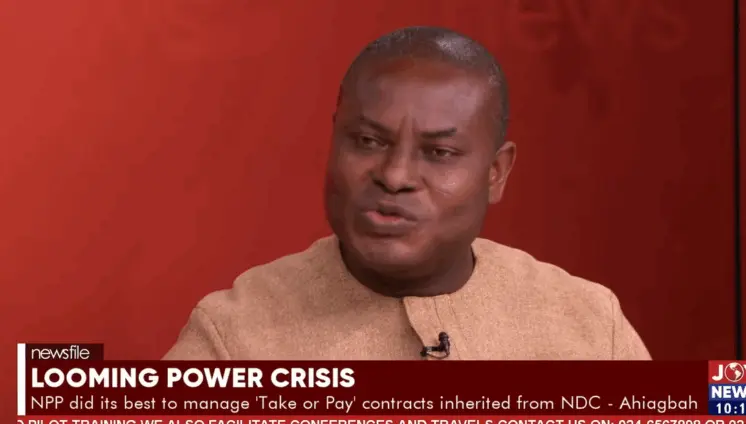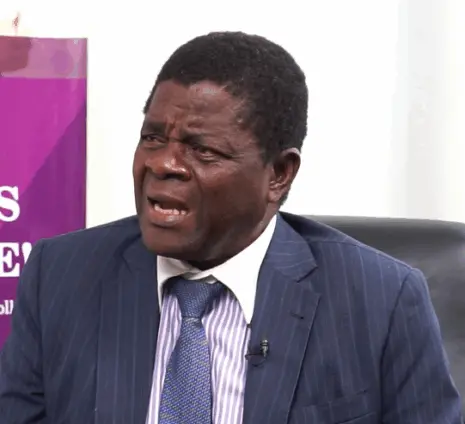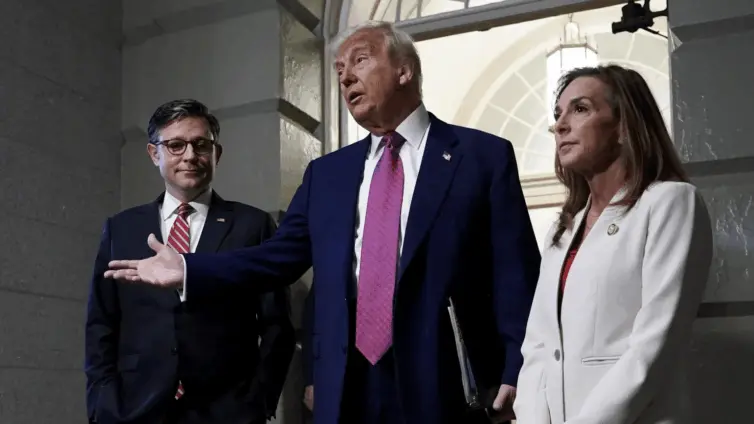The recent appreciation of the Ghanaian Cedi has ignited a vigorous debate about its causes and sustainability. Even President Mahama, of the National Democratic Congress (NDC), has alluded to the role of strong international reserves in supporting the currency, a statement that has been interpreted by some as an indirect validation of policies enacted by the preceding New Patriotic Party (NPP) administration.
As the Cedi appreciation continues, the NPP, particularly through figures like Dr. Amin Adam, is asserting that their economic strategies, most notably the Gold for Forex (G4FX) initiative, are the true foundation for the currency’s current relative stability. This claim, however, is not without its detractors, with concerns being raised about data inconsistencies and the actual pace of gold accumulation. This article will analyze these claims, exploring the extent to which the NPP’s policies have indeed contributed to the Cedi appreciation, while also addressing the criticisms leveled against them.
President Mahama’s recent acknowledgment has become a focal point in the discussion. His comments on the country’s robust gross international reserves, reportedly at $10.6 billion as of April 2025, have been seized upon by the NPP. They point to the $8.98 billion in reserves inherited from their government, suggesting that the current administration is building upon a foundation they established.
“The recent acknowledgment by President John Dramani Mahama… validates the prudent economic policies of the previous NPP administration,” a statement released by Dr. Amin Adam emphasized, highlighting the political dimension of this economic narrative.
The role of gold reserves, particularly in relation to the Gold for Forex (G4FX) initiative, is central to the NPP’s argument. Ato Forson, a prominent voice within the current government, has also confirmed the importance of the GoldBod program in bolstering currency stability. Dr. Amin Adam goes further, asserting that the NDC is essentially continuing the NPP’s policy of leveraging Ghana’s gold reserves to combat Cedi depreciation.
The NPP highlights its accumulation of gold reserves, claiming an increase from 8.78 to 30.53 tonnes between May 2023 and December 2024. The Gold for Forex (G4FX) initiative, designed to use these gold reserves to directly influence the foreign exchange market, was intended to reduce the reliance on traditional currency reserves and provide a more sustainable mechanism for stabilizing the Cedi exchange rate.

“The NDC government has merely continued the seismic policy shift introduced by the NPP to leverage Ghana’s gold reserves as a strategic weapon against currency depreciation,” – Dr. Amin Adam.
However, this narrative faces scrutiny. The Minority in Parliament has raised concerns about inconsistencies in the reported reserve data. They also point to the relatively slow pace of gold accumulation under the current NDC government, with reports suggesting an increase of less than 1 metric ton since January 2025. Dr. Amin Adam has called for greater transparency and a reconciliation of figures between the Bank of Ghana and Goldbod.
“Ghanaians deserve transparency and accountability to sustain the gains made on the Cedi,” Dr. Amin Adam stated, underscoring the need for verifiable data to support claims of economic success.
Despite the Cedi’s appreciation, the impact on broader economic indicators, such as inflation and interest rates, appears to be limited. Inflation has seen only a modest decline, dropping from approximately 23% to 21% in early 2025. The Minority had expressed expectations for the Monetary Policy Committee to reduce policy rates in response to the currency’s strengthening.
Dr. Amin Adam has cautioned against complacency, emphasizing that deeper structural challenges remain within the Ghanaian economy. He stresses that genuine and lasting economic benefits for Ghanaians require more than just currency stability.
“Macroeconomic discipline must be matched with transparency and reform—not rhetoric—to ensure that currency stability translates into real economic benefits for Ghanaians,” – Dr. Amin Adam.
In conclusion, the recent Cedi appreciation has sparked a complex debate about the effectiveness and sustainability of Ghana’s economic policies. While the NPP asserts that its Gold for Forex initiative laid the groundwork for the current stability, concerns persist regarding data transparency and the translation of currency gains into tangible economic benefits for the average Ghanaian. Sustaining the Cedi’s value requires addressing underlying structural issues and ensuring accountability in economic decision-making. The Cedi appreciation, while promising, is only one piece of a much larger economic puzzle.
Image Source: MYJOYONLINE






















